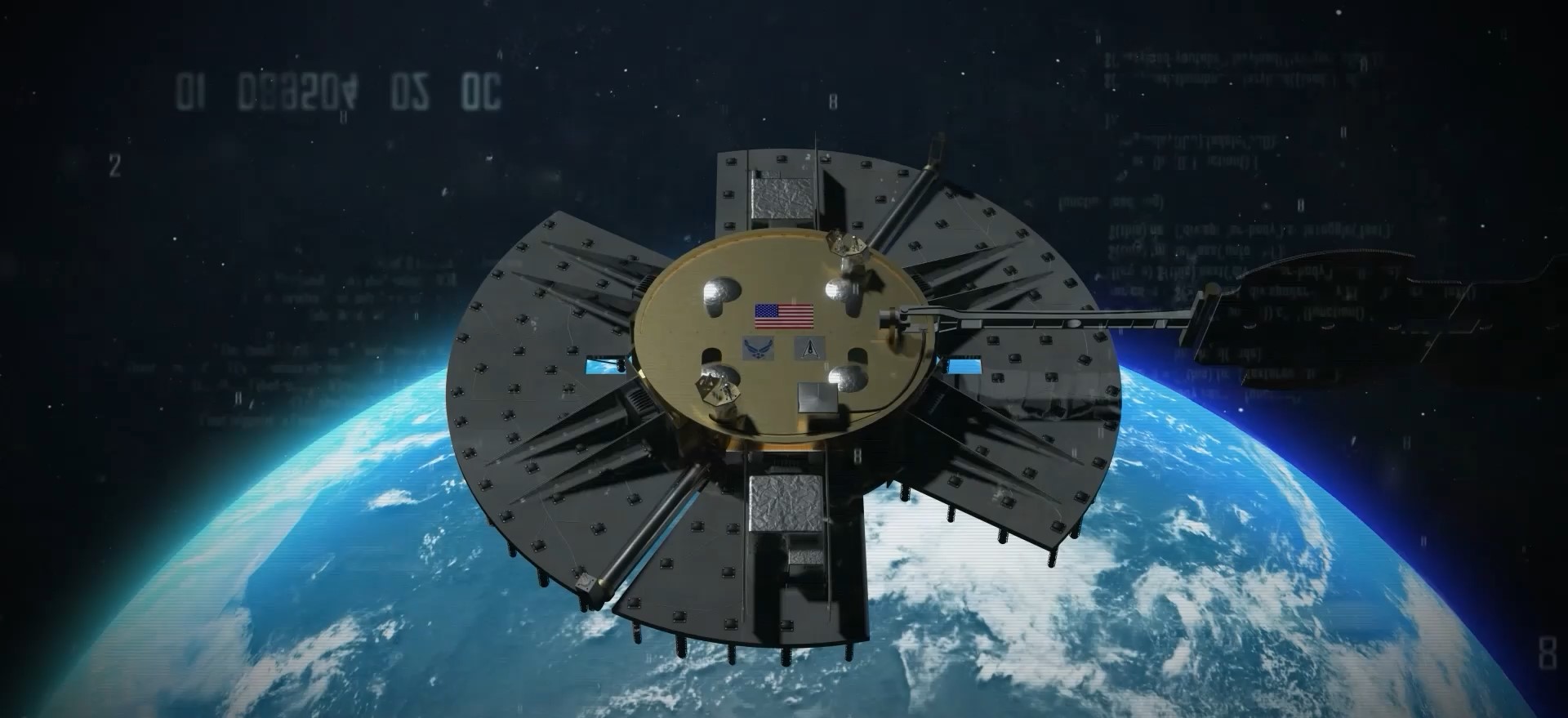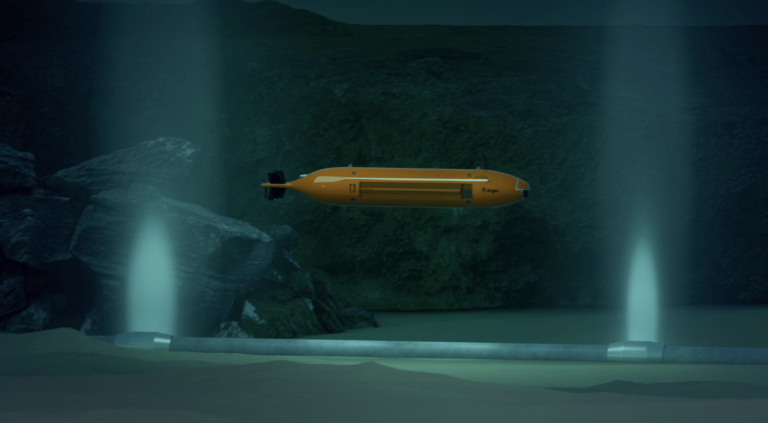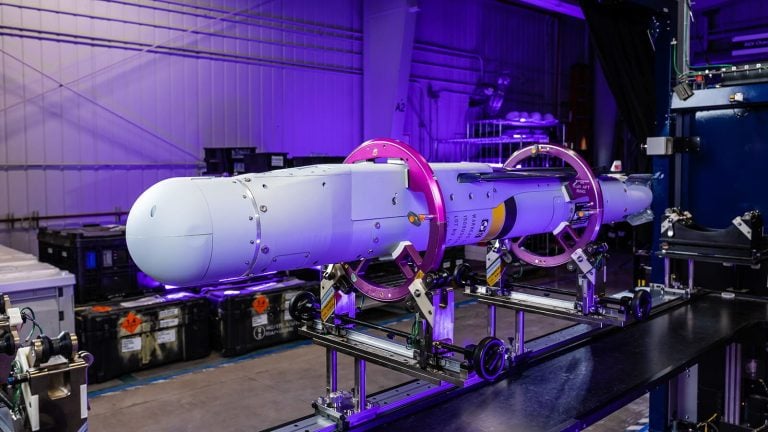The US Air Force Research Laboratory (AFRL) has made significant strides in enhancing the nation’s navigation capabilities with the successful launch of the Navigation Technology Satellite-3 (NTS-3). This satellite was deployed aboard a United Launch Alliance Vulcan rocket from Cape Canaveral, Florida, demonstrating a collaborative effort with L3Harris Technologies to elevate positioning, navigation, and timing (PNT) technologies.
NTS-3 is designed to provide robust defenses against jamming and spoofing, employing innovative technological solutions that allow for real-time adaptability through software updates sent directly to the satellite in orbit. This capability significantly reduces the need for extensive hardware overhauls typical of legacy GPS systems. The satellite features a high-precision atomic clock, a versatile reprogrammable receiver compatible with various signal architectures, and a new signal authentication protocol aimed at enhancing data integrity and security.
With its placement in geosynchronous orbit, NTS-3 will commence an experimental phase that may last up to two years. This period will focus on validating its advanced resilience, accuracy, and rapid reconfiguration capabilities, which are expected to bolster PNT services critical to both military operations and civilian infrastructures. The applications range from aircraft navigation and precision munitions to vital sectors like banking, agriculture, and air traffic control, underscoring the broad relevance of NTS-3.
The recent mission, labeled USSF-106, marks a historic first for the National Security Space Launch program aboard the next-generation Vulcan rocket. Standing 202 feet tall and weighing 1.74 million pounds, the Vulcan rocket is equipped with a Centaur V upper stage, which delivers increased energy and endurance—2.5 times the energy and 450 times the endurance of previous rocket designs.
Tory Bruno, the president and CEO of United Launch Alliance, commented on the significance of the launch, indicating it signals the beginning of a transformative era in national security space operations. He emphasized Vulcan’s role as a “catalyst” in enhancing national defense initiatives within the strategic domain of space. According to Bruno, the rocket’s advanced capabilities allow for increased flexibility for U.S. decision-makers as they confront adversarial threats in space.
United Launch Alliance has a longstanding commitment to supporting U.S. defense initiatives, having executed over 130 critical missions for the Space Force and National Reconnaissance Office since its establishment in 2006. The NTS-3 launch continues this legacy, reinforcing U.S. strategic interests in maintaining leadership in space technology and navigation systems.







